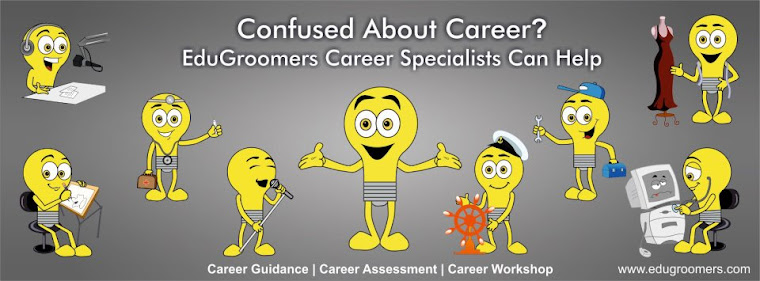In this blog
we will be speaking about open schooling as another alternative schooling. What
is Open Schooling? How can one pursue it? What after Open schooling? It is a
collective term that refers to educational organizations that seek to eliminate
barriers to entry. They are often distance learning programs. The National
Institute of Open Schooling (NIOS) is the Board of Education for open schools
in India. It is a national board that conducts examinations for secondary and
senior secondary open school courses, similar to the CBSE and the CISCE boards.
Students can
get college degrees as well; they offer a full gamut of certificate, diploma,
bachelor’s degree, master’s degree and doctoral program, as well as many
vocational courses. Students who enrolling open schooling have their own
benefits, it is useful for students who are weak in some subjects and cannot
complete the final school examinations in one go in the regular system. Second,
it can be beneficial to many students who are unable to go to traditional
schools setting due to a disability or handicap or a high vulnerability of
catching illness. Third, students have an opportunity to receive equal
education regardless of income, area of residence, gender, race, age, or cost
per student. Fourth, this system allows students to learn their way in their
own time.
Advantage of
NIOS examinations are
- Student can avail a maximum of nine chances to appear in public examinations
- There is no upper limit for registration to NIOS examination though the minimum age limit is 14 years.
- NIOS offers its courses mainly in Hindi, English and Urdu mediums. Students may write the examinations in any language.
- Also students can choose any subject combination from the subjects offered to them.
- Students have to choose one standalone vocational subject with academic courses at secondary and senior secondary level.
- Students can choose to appear in any one or more subjects in an examination and earn credit till all the subjects required for certification are successfully completed.
- One may transfer their pass credits in a maximum of two subjects from CBSE and other selected boards in the academic courses.
- The ex-students of NIOS who have completed their validity period of five years of admission, but could not complete the course are eligible to take readmission.
- NIOS allows the students to apply again in a course which they have passed for improvement of performance.
Vocational
Education and training:
Vocational
higher education schools are under Ministry Human Resource Development (MHRD)
in Indian, Full time programs are mostly offered through government recognized
Industrial Training Institutes (I.T.I.) and Private institute i.e. Industrial
Training Centre (I.T.C.). ITI an ITC provide training in technical fields and
are constituted under the Directorate General of Employment and Training
(DGET), Ministry of Labor. It also offers part time courses through state
technical education boards or universities. After the training one can work as
an entrepreneur, or as an employee, as an expert, or go for higher studies like
diploma or engineering, or get in to government organization like Navy, Army
etc…
Bharti Sharma,
Career Counselor,
Edugroomers

